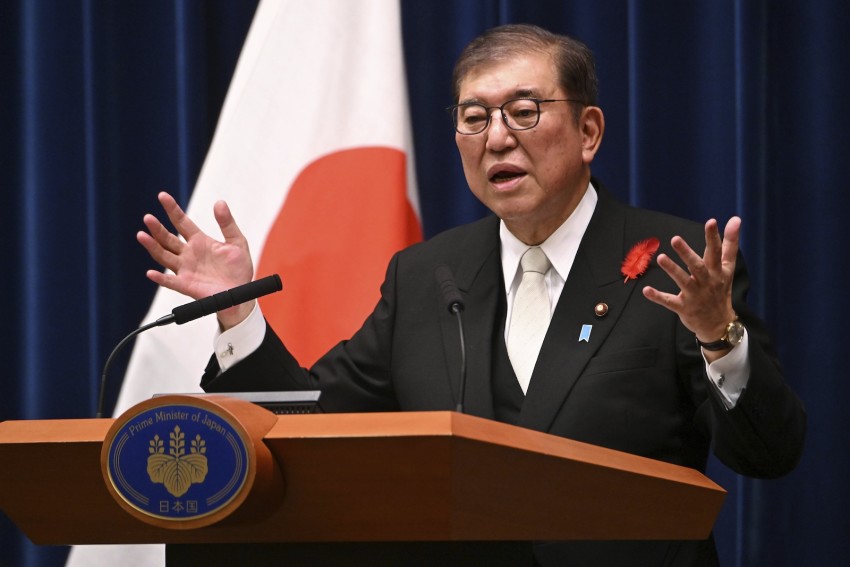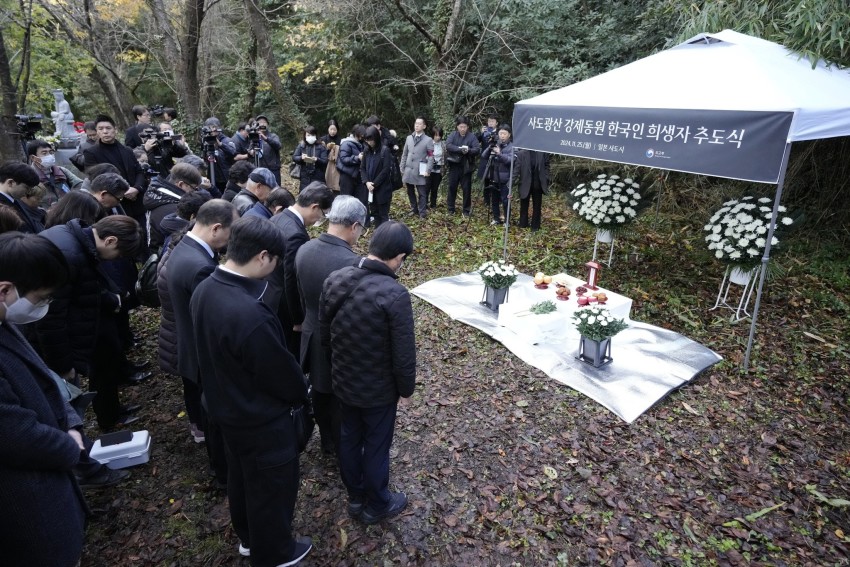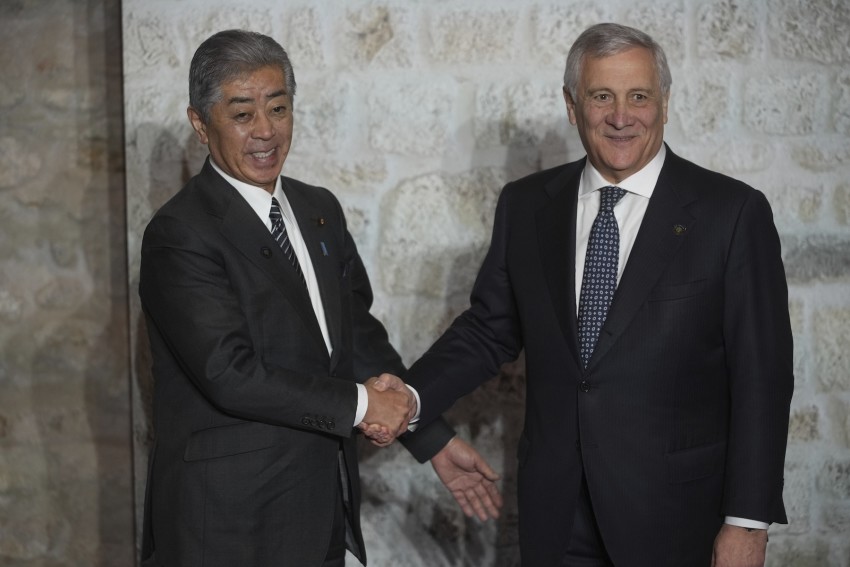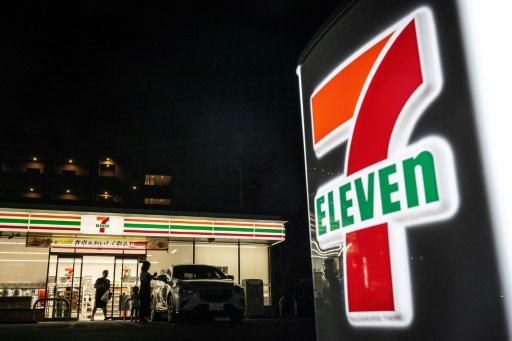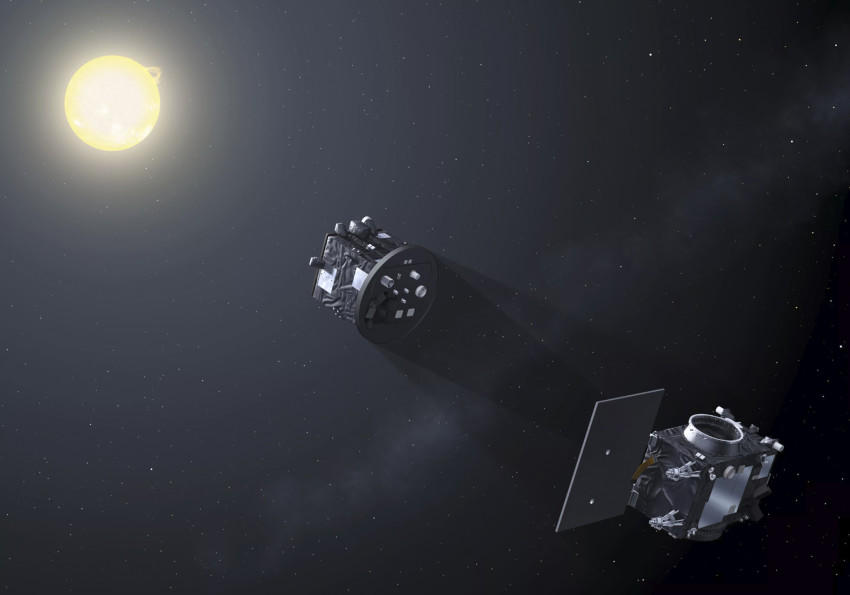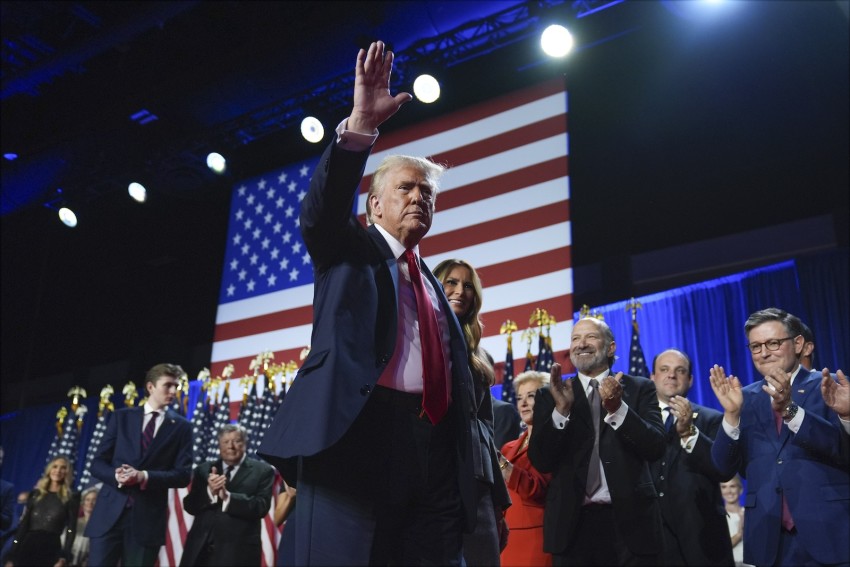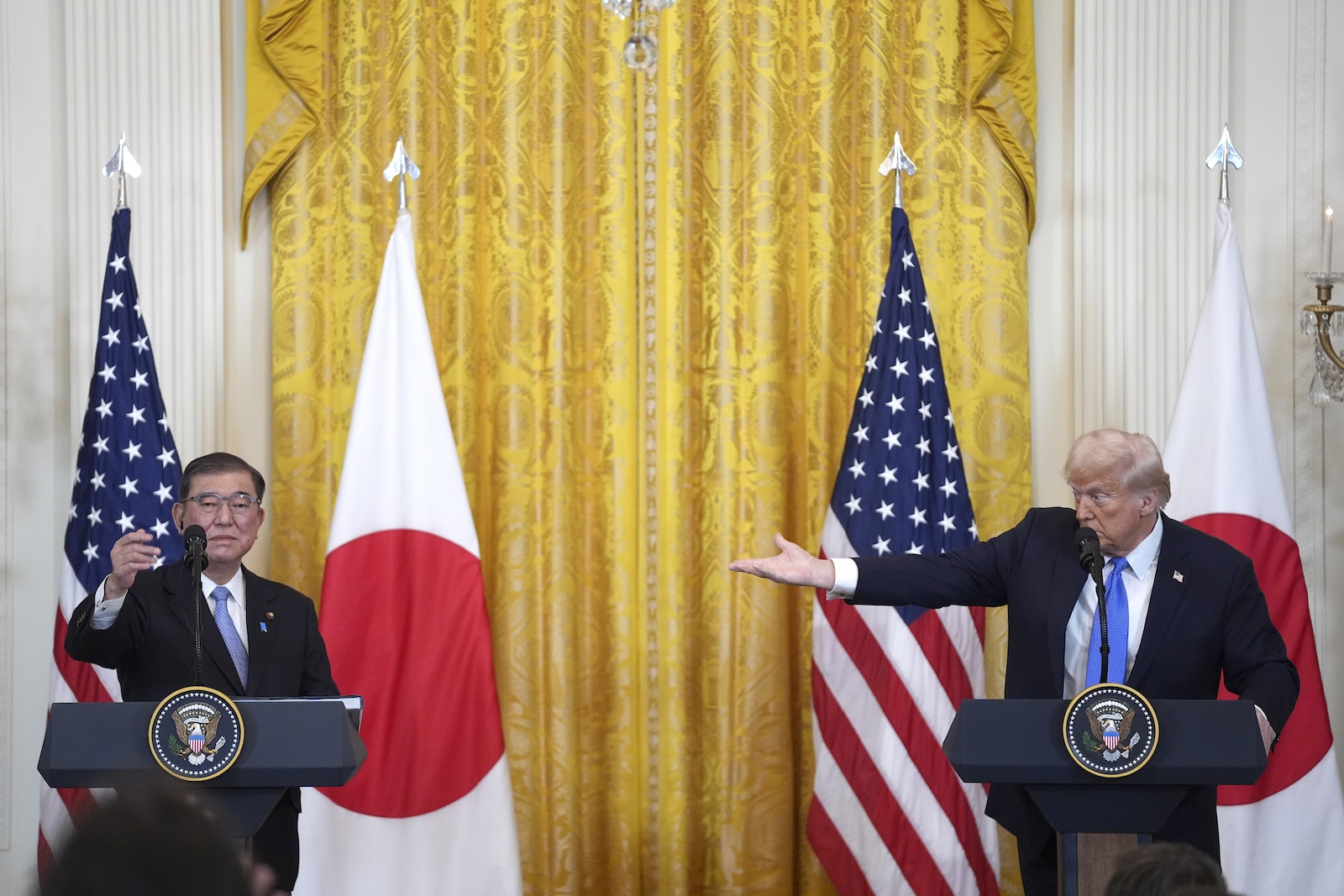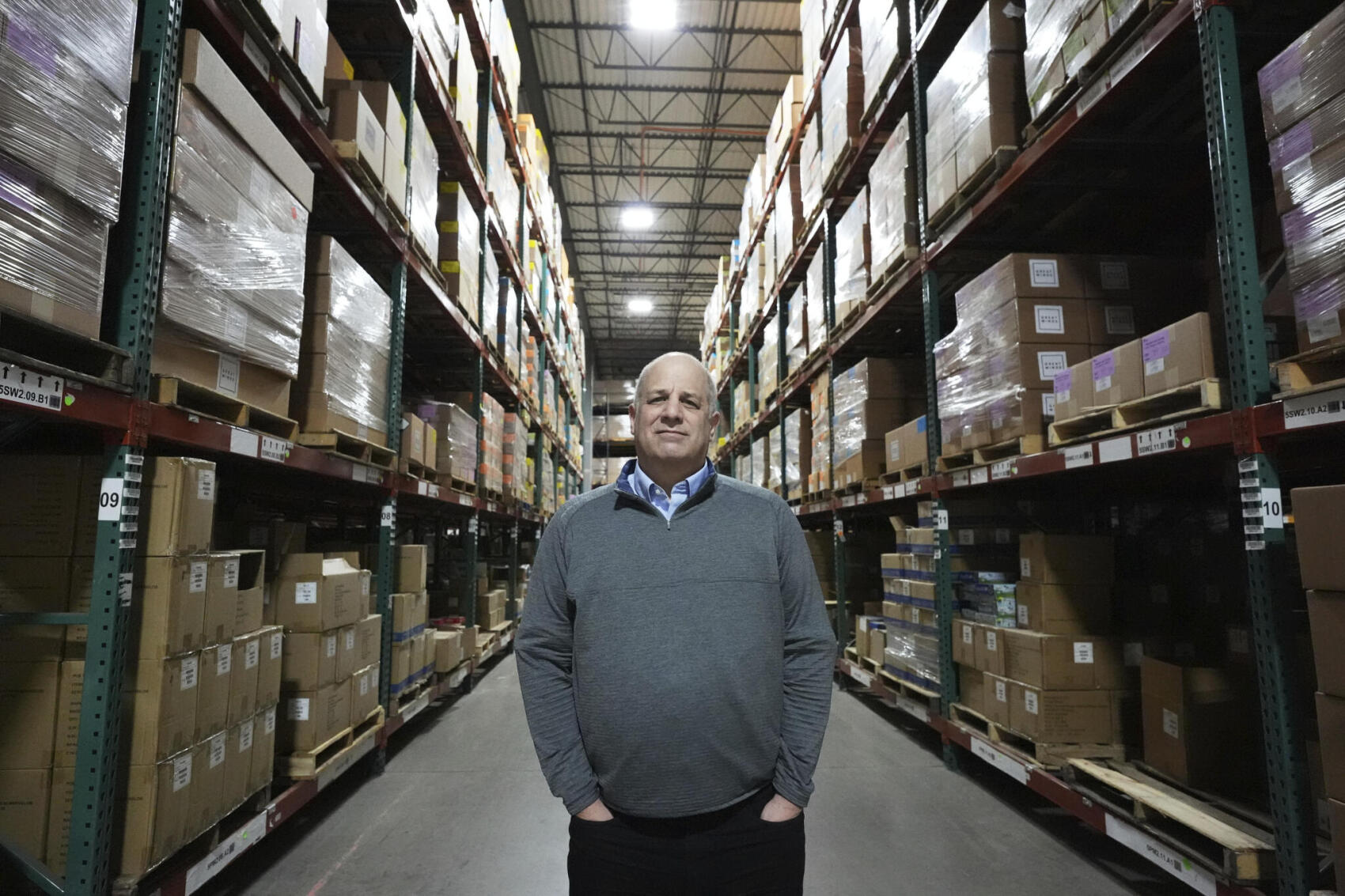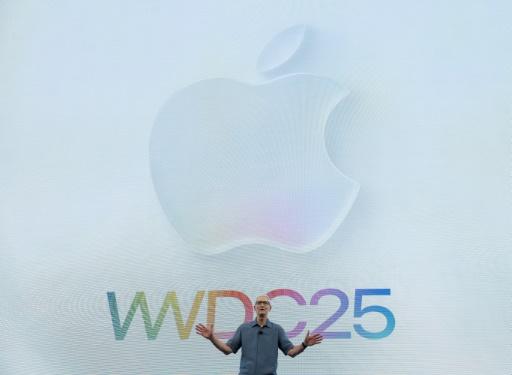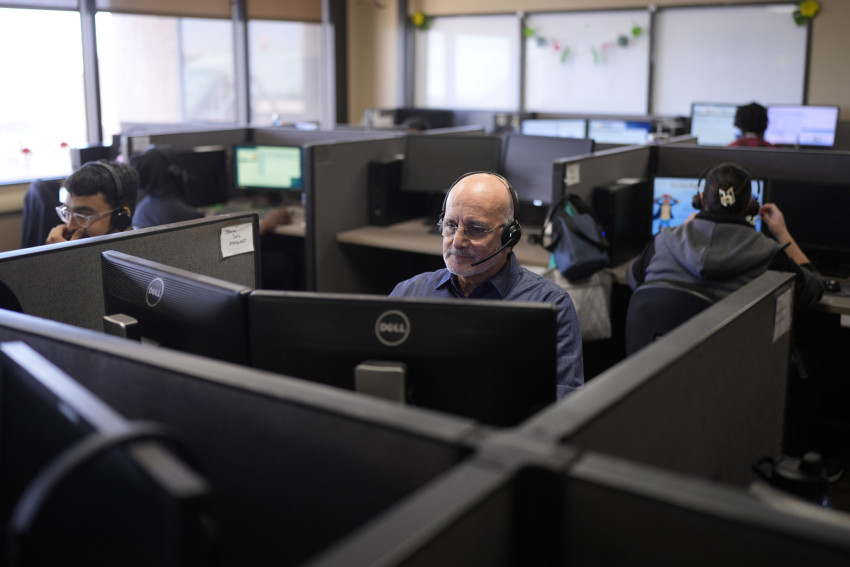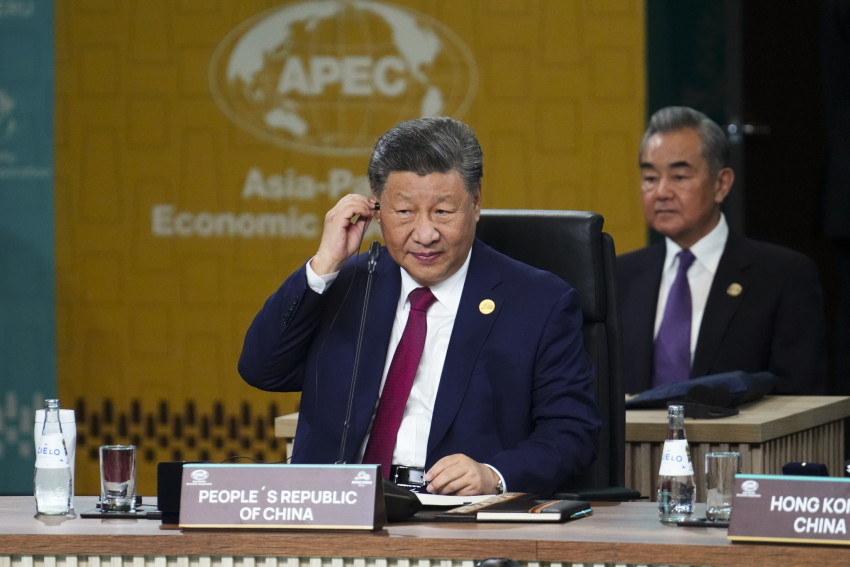Japan agrees to give patrol boats to Indonesia for maritime security
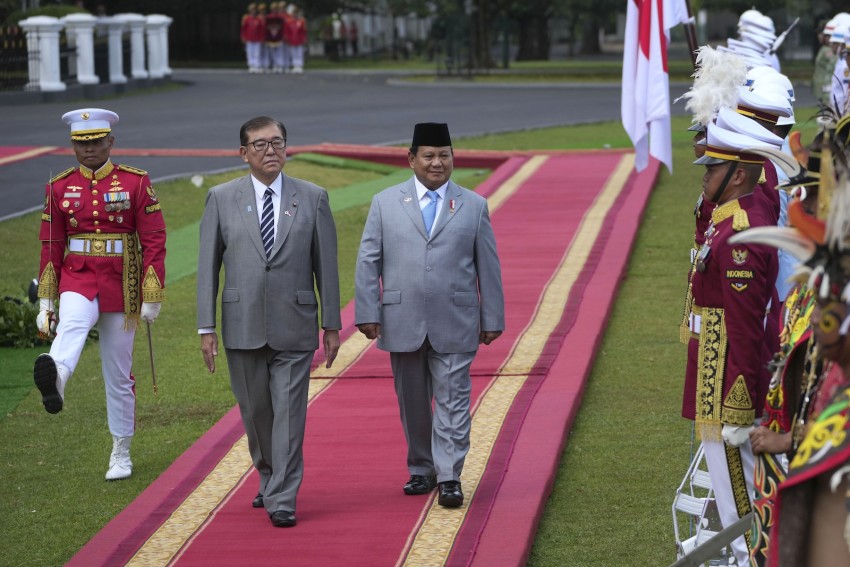
Japanese Prime Minister Shigeru Ishiba said Saturday his country has agreed to provide high-speed patrol boats to Indonesia following talks with President Prabowo Subianto as the maritime nations seek to expand security cooperation amid China's growing clout.
The two nations confirmed bilateral cooperation on energy security, human resource development and disaster prevention. Ishiba and Prabowo also agreed to hold a third round of "two-plus-two" talks between their foreign and defense ministers later this year.
As "comprehensive strategic partners" sharing basic values, Japan aims to cooperate "as much as possible" in helping Indonesia improve its defense capabilities, Ishiba said during his meeting with Prabowo in Bogor, south of Jakarta.
Japan is expected to supply two patrol boats as part of its defense assistance program aimed at strengthening security ties with like-minded nations.
Japan and Indonesia already have a bilateral agreement on the transfer of defense equipment and technology. It was reached in the previous round of two-plus-two talks in 2021.
"We reaffirmed the importance of maintaining and strengthening the rules-based, free and open international order," Ishiba told a joint press appearance with the Indonesian president after Saturday's meeting.
Japan regards its relations with members of the Association of Southeast Asian Nations as strategically important due to their proximity to the South China Sea, one of the world's busiest shipping routes.
It also values ties with the emerging and developing economies of the so-called Global South, in which Indonesia is seeking to play a leading role.
President Prabowo hailed the Japanese leader's visit, which he said reflected "a strong commitment" by both sides to strengthening bilateral ties.
He said they discussed cooperation in various areas, including infrastructure development, energy, and health, while also exchanging views on the global geopolitical situation.
Resource-rich Indonesia is located along the Strait of Malacca, a key shipping lane for energy and other goods.
Ishiba, who became prime minister in October, is on the final leg of a trip that also took him to Malaysia, hoping to solidify ties with countries that are critical in achieving a rules-based, free and open Indo-Pacific.
In Malaysia on Friday, Ishiba and Malaysian Prime Minister Anwar Ibrahim agreed to jointly work toward ensuring regional security and robust supply chains.
The trip to Southeast Asia marks the first time Ishiba has traveled overseas solely for bilateral summits as prime minister.

